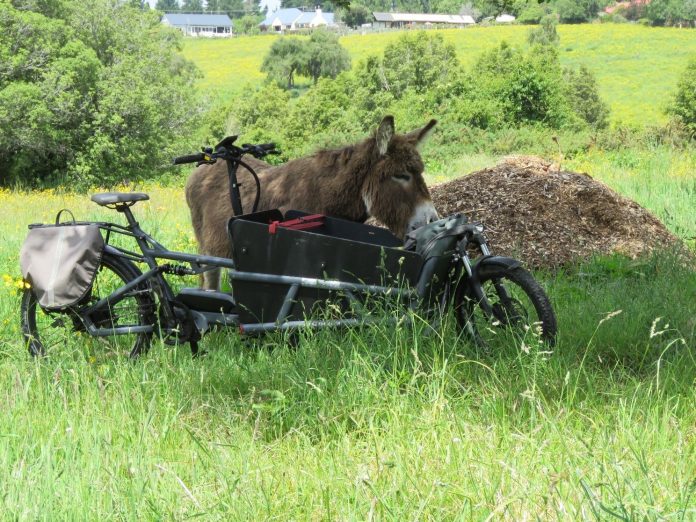
Voice for Nature with Ines Stager
The end of 2023 is near, the summer holidays start soon. It is a busy time of the year. Family and friends get together to celebrate, spend time, enjoy food and other traditions in association with Christmas and the summer break.
It is a tough time of the year for our planet Earth because collectively we produce more waste than at any other time of the year. Much of the extra waste being generated ends up in our landfills, such as packaging, unwanted gifts, items that are already broken, and food waste.
The United Kingdom generates 30% more waste than usual, and the United States produces an extra 25 million tons of trash. In Australia, more than 5 million tons of food ends up in landfills.
Auckland City produces 10% more waste and 15% more recyclables during Christmas than normal. This results in 8351 tons more to landfill than at any other time of the year.
Therefore more CO2 is released into the air, and more rubbish ends up in our oceans, having a detrimental effect on our wildlife.
According to the Department of Statistics, New Zealand imported 2,551,662kg of wrapping paper last year. Not all wrapping paper can be recycled. Anything with metal or glitter is destined to landfill.
From observations, it takes longer to wrap a parcel than it takes most people to unwrap it. Why then do we invest so many resources into visually pleasing packaging that gets crunched up, in many cases within a matter of seconds?
Not everybody likes brown paper or newsprint to wrap a gift, nor are they inclined to create their own packaging.
Emma from Waste Free Celebrations has come up with the idea of making fabric Christmas gift bags and Christmas re-crackers, avoiding waste all together. These can all be reused.
On its website, the Sustainability Trust provides many other ideas and strategies on how to gift in a more sustainable way and avoid waste.
Homemade rather than packaged treats may be more appreciated by the recipients. Most people have more than they need. We should all be taking decluttering seriously.
Zero Waste South Canterbury’s webpage provides links to shops where unpackaged items, bulk supplies, and sustainable products can be purchased. It has an extensive section on recycling, repurposing etc.
One of my memorable times as a child at Christmas was making decorations for the live Christmas tree. In those days, as well as paper and cardboard, we used tinsel from time to time, being totally unaware that it was affecting the environment as micro-plastics.
It was also traditional for us to make Christmas presents for family and friends instead of buying things. It was an exciting time and enjoyable at the beginning of winter, a good time of the year to be crafting inside a warm house.
Traditionally, on December 6 — St Nicolaus Day — we were gifted a jute bag filled with gingerbread, mandarins and roasted unshelled peanuts. These treats were not available all year round, therefore it was something to look forward to and very special and memorable. I can still smell peeling the first mandarin.
Christmas doesn’t have to cost the earth!
Ines Stager is a landscape architect based in Geraldine, and a committee member of the local branch of the Royal Forest & Bird Protection Society.




